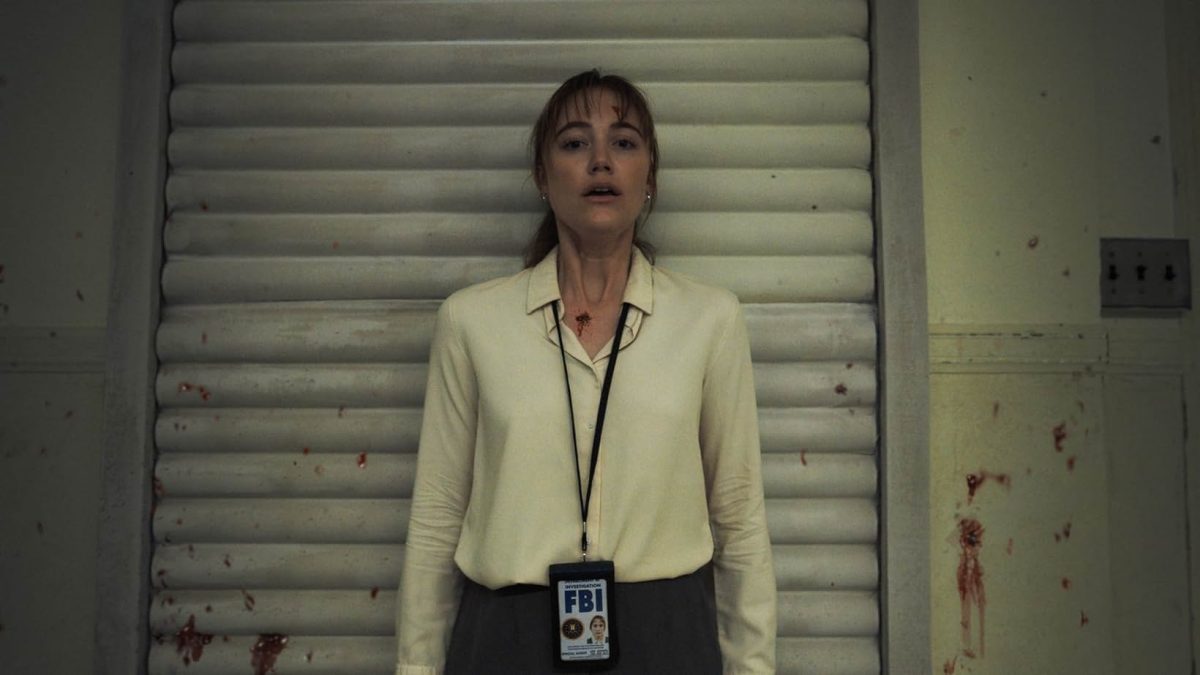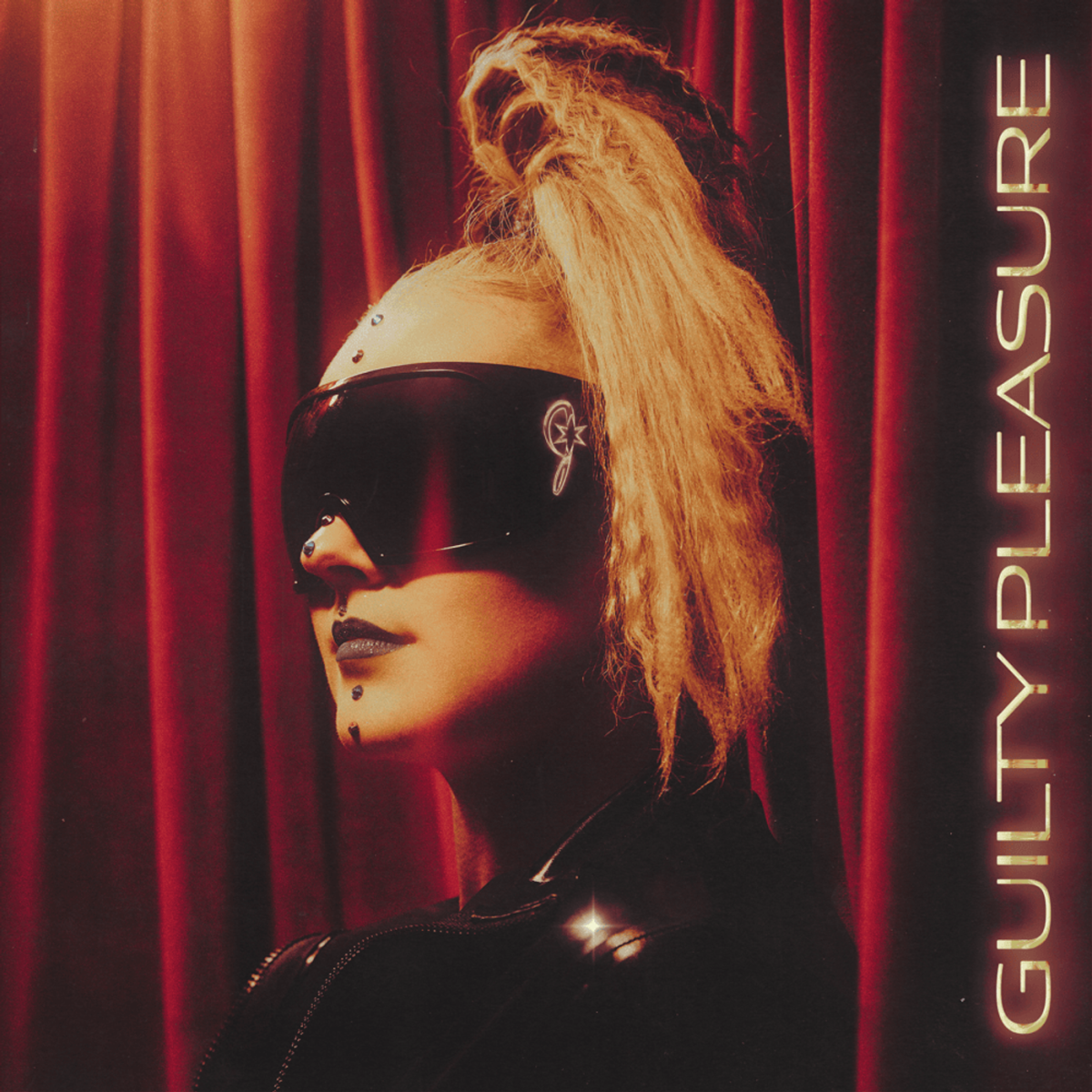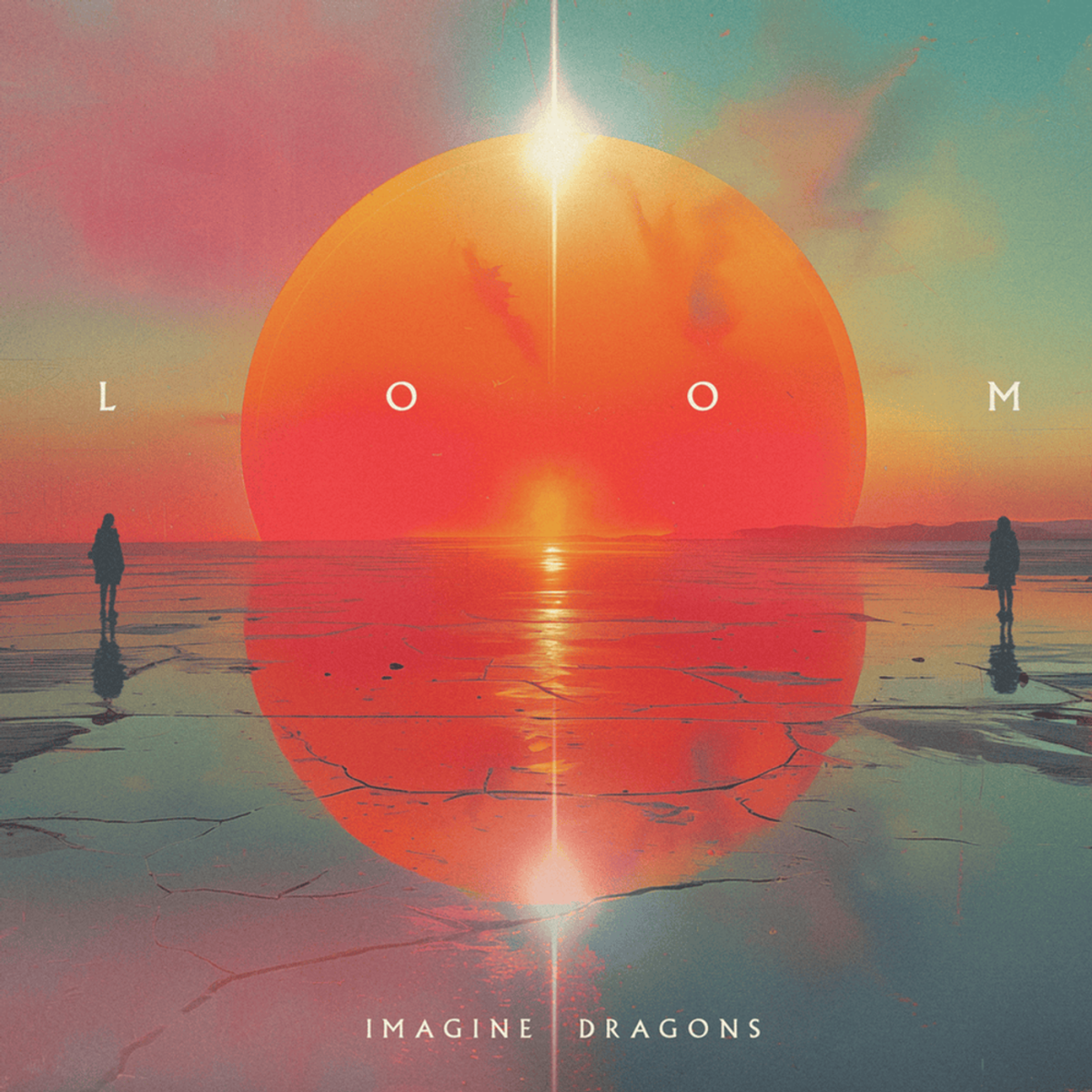Colin Hancock is an early jazz historian who co-produced the album “The Moaniest Moan of Them All: The Jazz Saxophone of Loren McMurray, 1920-1922,” which was nominated for the Grammy Award for Best Historical Album.
The work on the album started in 2021 by Team Max, Colin Hancock, Richard Martin and Mark Beresford. The early jazz album was originally produced as a dance record that was popular in the 1920s. Because of the fact it was a dance record, copies have been worn to no return and had to be completely remastered.
The Daily Illini talked with Hancock about his history as a musician and historian and the process of creating the album.
Colin Hancock: I am an early jazz musician and historian. I’m especially interested in the era that occurred right after jazz became mainstream and developed into the music that coined the time period known as the Jazz Age. That time period gets overlooked a lot.
Get The Daily Illini in your inbox!
We often jump from jazz becoming a thing to Louis Armstrong and the swing era and don’t talk about the development that led to all that. So I really try to focus on that, and I have been hearing this name Loren McMurray for a very long time — this alto saxophonist — and was a fan of the music that I heard … I didn’t know much more than what was available.
So Mark Beresford, an author, historian and record collector from England, wrote an article a few years ago about McMurray, and that piqued my interest too. During the pandemic, a bunch of jazz musicians would get together once a week and listen to music and talk about it … Loren McMurray’s name kept coming up and we thought, “He’s on so many good things, how can we figure out what all the stuff he’s on and what the best stuff is?”
So I said, “Well, I can get together with Mark, the author of that article, and we can put together a discography list of all the records.” I wrote a draft and sent it to Mark.
From there, we started to realize, “Oh, there’s a lot of great material here.” Shortly after that, somebody discovered some alternate take McMurry made, which were under his own name. And with that, it was kind of like “OK, we have those important records and we know everything he’s on, or at least all the important stuff, maybe we should do a CD.”
The Daily Illini: You said that you are an early jazz musician and historian. Can you tell me a little bit about your past and how you came to where you are right now?
Hancock: I guess it’s sort of a third-generation thing in my family … My grandfather was from the United Kingdom. In World War II, he was in the Navy and met a bunch of American Navy people, and they would swap music and stories and stuff. He got records from them, which he brought back to England, where, years later, they were playing in the house. One of those records was by a trumpet player, Bix Beiderbecke, and my dad fell in love with that.
Decades later, when I was a kid, my dad would play that and I heard it and really liked it. I caught on to it. So that music has been in my family. We have relatives on my mom’s side who were active in the blues world in the 1920s, too.
It really wasn’t until high school that I got into first studying Buddy Bolden, who’s considered the first jazz musician. I did a project with some jazz musicians in Austin recreating his band — The Wax Cylinder. That was sort of me dipping my toe in the pool of that world, and I really liked it.
I started a band at Cornell, where I went to undergrad called The Original Cornell Syncopators, which started really to celebrate the 100-year anniversary of the first commercial jazz recording by the Dixieland Jazz Band, which, in 2017, was the centennial.
How I got associated with Archeophone, who did the McMurray project and the Gus Haenschen project a few years ago — it was through a project I was doing with the Syncopators on a college band, and we were asking, “What was the first college band to record that was in a jazz context?”
It turned out to be this group from WashU led by a piano player named Gus Haenschen. His recordings were made in 1916, so before jazz was really called jazz.
So we wanted to locate them and when we did locate them, I thought, “You know what, these aren’t available. Let me talk to Archeophone and see if they want to do something with them.” And they did. That’s how I got into CD reissues and album reissues.
DI: When did you start working on this Grammy-nominated album?
Hancock: 2021. So yeah, about two years.
DI: Could you tell me a little bit about your process with this?
Hancock: After we came up with the discography and looked over market research, we said, “OK, this is great, but there’s some some holes in the story.”… Thanks to more contemporary digital archives, I contacted the people at the at the University of Missouri Kansas City archives, and they had the guys’ scrapbook. They had scans of it, so I tried to fill in the gaps in the story and worked with Mark on picking the best songs.
We worked with a few other researchers too because I have my case, but it’s good to get other people’s points of view. Finding clean copies of the records is always a challenge because a lot of this music was really fun dance music, so when people bought the records they would play them and they would get worn out. There’s a ton of weight being put down on the record with a steel needle, so they get worn out.
So to find a clean copy, you’d have to talk to people all over the world who have collections of records and to see who has one. So when we talk to people in Germany, people in England, I found a bunch of stuff, I found records in the wild. Some of these are things that people didn’t even know he was on until the research we did. That was the most challenging part, but the most satisfying to have it all in one place too.












